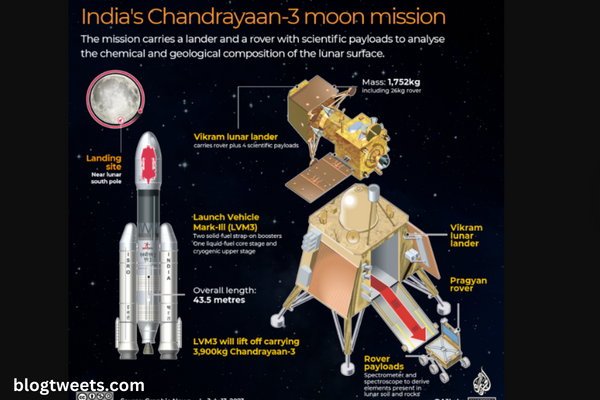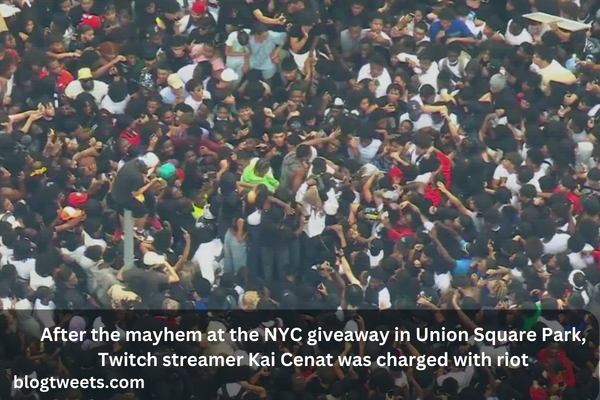Taiwan is upset after the US threatens to “blow up” Taiwan’s semiconductor manufacturing company if China invades the island

In response to US Congressman Seth Moulton’s suggestion, Taiwan’s Defence Minister, Chiu Kuo-cheng, said that the Taiwanese armed forces would not accept the demolition of any of its facilities.
Congressman Moulton recently proposed that, in the event that China attacked Taiwan, the US should forewarn it by threatening to hit Taiwan Semiconductor Manufacturing Co. (TSMC).
US Congressman Seth Moulton was questioned about the potential deterrent effect of US chip policy on China during a conference organised by the Milken Institute, a research tank with headquarters in California.
Taiwan Semiconductor Manufacturing Co. (TSMC) might be destroyed if Taiwan is targeted, according to Moulton’s statement. The US should publicly warn China of this.
He declared, “The US should be very clear to the Chinese that if they invade Taiwan, we’ll blow up TSMC.”
A defence policy advisor and former government official named Michele Flournoy immediately refuted the claim made by US Congressman Seth Moulton.
Flournoy emphasised the consequences of taking out TSMC, claiming that such an action would have a severe economic impact of two trillion dollars within the first year and would stop all global manufacturing.

Chiu Kuo-cheng was approached by the media to comment on Seth Moulton’s statement prior to a Legislative Yuan session on May 8, according to Liberty Times.
Chiu stated that anyone calling for the bombing of any Taiwanese infrastructure, whether or not it serves defensive objectives, would go against the rules of war.
Chiu Kuo-cheng reaffirmed that Taiwan’s armed forces protect the country, its people, as well as its natural resources, industrial output, and strategic assets.
He emphasised that any attempt to destroy such installations, whether deliberate or not, would not be tolerated by the armed forces.
Concerns regarding a possible annexation of the island by China have been raised as a result of rising tensions in the Taiwan Strait.
When Beijing staged extensive military exercises in reaction to House Speaker Nancy Pelosi’s visit to Taipei in August 2022, the situation became even more tense.
Beijing has made it clear that it is determined to annex democratic Taiwan, and will use force if necessary.
The recent events have increased the urgency with which Taiwan’s security and continuous struggle for autonomy are being regarded.
The possibility that Beijing may try to obtain Taiwan’s essential semiconductor technology has the United States increasingly anxious.
Some former US officials have proposed using extreme measures as a deterrent and to stop Beijing from seizing Taiwan’s vital chip manufacturing facilities, such as informing Beijing that TSMC facilities would be destroyed if the island was taken.
However, Taiwanese authorities have rejected these notions, and at this time, no plans are being made to take such measures into account.
For instance, the security commander of Taiwan has allayed these worries by promising that Taiwan’s main chip industry will not be destroyed in the case of a Chinese invasion.
Taiwan has pledged to work with the United States and its allies to stop China’s military from obtaining cutting-edge chip technologies, in response to American worries.
Taiwan Semiconductor Manufacturing Co. (TSMC) has been actively courted by a number of nations to increase its operations there. In response, TSMC has made major expenditures totaling billions of dollars to build a semiconductor production facility in Arizona, USA.
The probable loss of Taiwan Semiconductor Manufacturing Co. (TSMC) in the case of a Chinese invasion of Taiwan is predicted to have a staggering impact on the global economy, topping US$1 trillion, according to the US National Security Council.
The entire ecosystem that is represented by TSMC, according to experts, is extremely unlikely to be moved. Beijing would be unable to keep up TSMC’s capacity for producing chips, even if they took control of the company.
Leading global contract chip manufacturer TSMC has cutting-edge technologies that are essential for supplying consistent chip supplies globally. To create these chips, TSMC uses cutting-edge equipment.

According to Chen Ming-tong, secretary general of Taiwan’s National Security Council, “TSMC has no recourse if ASML [the Dutch multinational that supplies the Taiwanese company with essential supplies] is unable to sell its lithography systems to TSMC.”
However, if the Taiwanese chip industry suffers, it will have catastrophic effects on the global economy.








